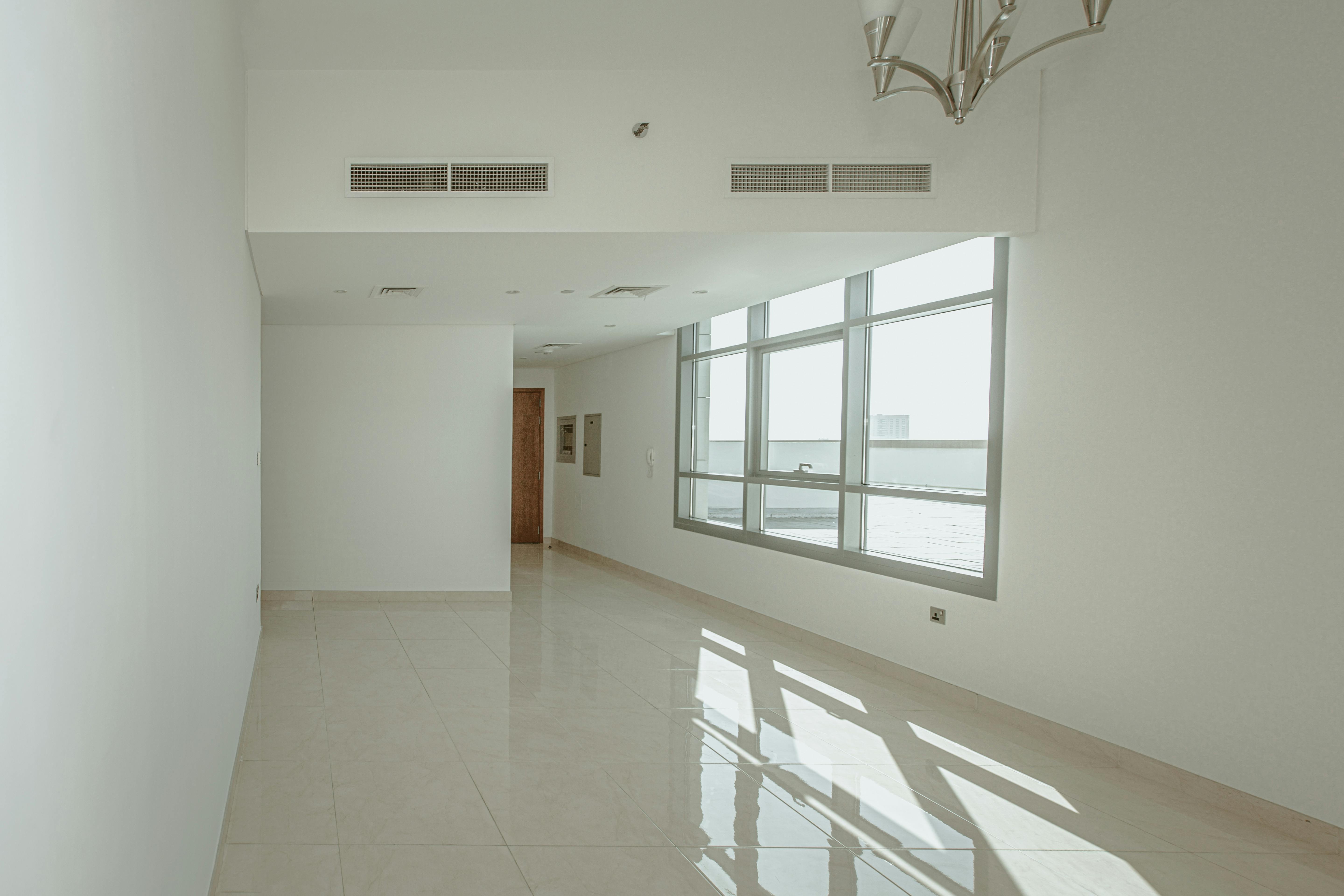The Advantages of Leasing Programs for Business Equipment Needs
Many companies find that they need to set aside funds to purchase equipment as they grow. However, it can be difficult to make such concessions, especially in these economic times. Why put your operating budget in the red by accepting additional financing, when it’s much more to your advantage to secure one of the many leasing programs offered by equipment brokers to get the equipment you need today?
Financing vs. Leasing
For established businesses, those that have been successfully operating for at least two years, obtaining financing to make equipment purchases can be a difficult prospect to face. With rising interest rates, banks and loan companies can require additional collateral to be signed to secure the loan, or even enforce such loans with a short-term note that will have to be paid back with fees in less time than the business. may be able to pay.
Leasing programs, on the other hand, are much more flexible and can be customized to the exact needs of the business. Not all equipment purchases are meant to be long-term and may only be needed for a limited time. Financing through lending agencies in these circumstances would be less than efficient, because once the loan is paid off you still own the equipment, and reselling it once it is no longer needed will not return the initial investment. With equipment leasing, you can easily add clauses that cover the return of unnecessary equipment, sometimes at a financial bonus to your business.
Types of equipment lease available
For those looking to only get necessary equipment use in the short term, there are two programs that can be used to your advantage. The first, known as an operating lease, allows a business to lease necessary equipment for the exact time it is needed, at an affordable rate. Once no longer needed, it can be easily returned to the leasing agent for a small fee. The second, known as a master lease, allows the company to test the equipment it was considering buying for a specified period of time, without any transfer of ownership. At the end of the initial lease, they have the option to extend that lease, without having to renegotiate.
For those interested in purchasing the equipment but don’t want to commit operating capital to commercial financing, a capital lease is probably the best leasing option available. Equipment is purchased through a lease with affordable monthly payments and at the end of the lease, a final payment secures ownership and transfers ownership rights. However, for tax purposes, the equipment is considered to have already been purchased during that tax year and tax credits for making that purchase may apply, even though final payment on the equipment may take a year or more.
A lease that actually pays you money
For business owners looking to the future, they may have already assigned equipment they’d like to sell but can’t until the operations around it have wrapped up. This would normally mean obtaining a loan to finance the start-up of the future operation, including the purchase of new equipment. With one type of lease-sale-leaseback program, business owners can sell unwanted future equipment to a broker, for a full negotiated purchase price, and then temporarily re-lease it back at an affordable rate. This gives them use of the equipment for as long as they need it, plus the cash flow they need to start the new operation. At the end of the term, the broker takes possession of the equipment sold.
